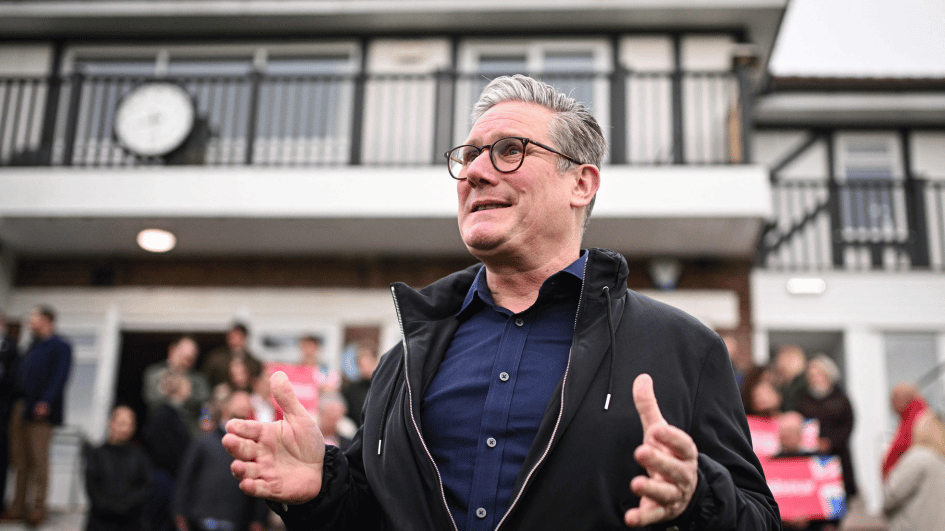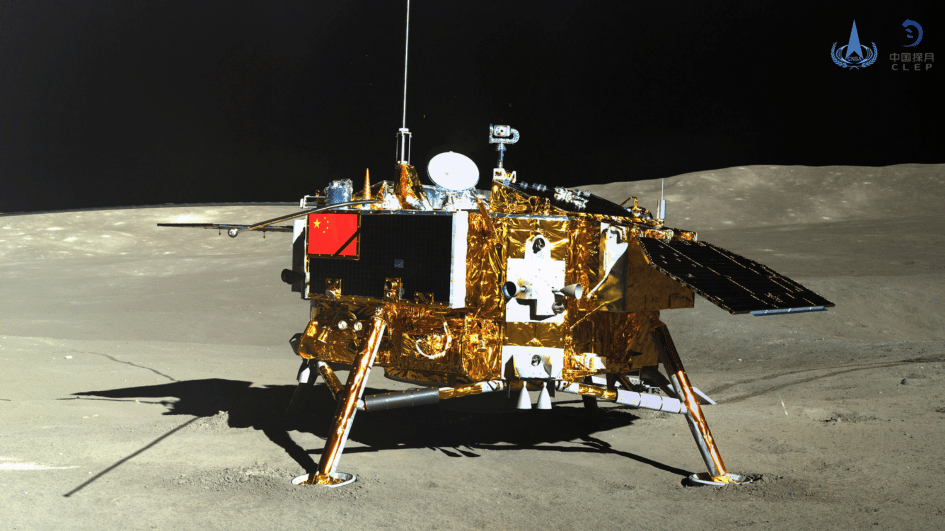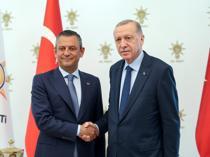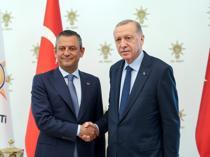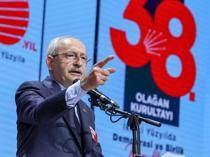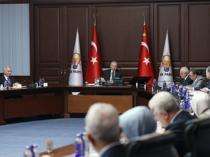Merkel, Erdogan take stock of 50 years of 'guest workers'
BERLIN - Agence France-Presse
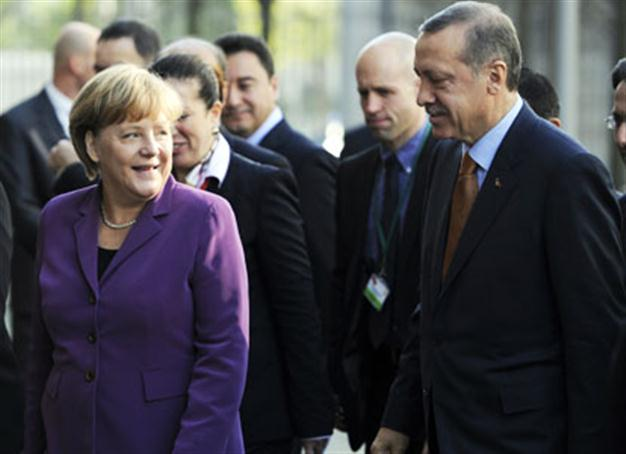
German Chancellor Angela Merkel (C) and German Interior Minister Hans-Peter Friedrich (L) welcome Turkish Prime Minister Recep Tayyip Erdogan (R) outside the Foreign Ministry in Berlin for a ceremony to celebrate 50 years of Turkish guest workers in Germany on November 2, 2011. AFP photo
German Chancellor Angela Merkel and Turkish Prime Minister Recep Tayyip Erdogan Wednesday marked 50 years since their countries' "guest worker" pact, taking stock of an often fraught partnership.
When Turkish migrant workers first arrived to work in Germany's car plants, coal mines and steel foundries half a century ago to fill a yawning gap in the booming country's workforce, most Germans thought they would soon be gone.
Today, some three million Turks or Germans of Turkish origin are settled in this 82-million-strong country, representing its largest ethnic minority.
In her most recent weekly video podcast, Merkel urged Turks to do more to integrate but acknowledged that Germany must boost efforts to attract and keep qualified workers of non-German origin.
"If you just look at what kind of life is in Istanbul, how much growth and how much change you see there, then it also shows us: we must present immigrants with a good offer," she said on the occasion of the anniversary of the first migration agreement with Turkey.
Erdogan told Wednesday's Bild newspaper that Berlin had made mistakes in its immigration policy with regard to Turks and in failing to back Ankara's drive to join the European Union. "German policy does not sufficiently value the integration of three million Turks in Germany," he told the top-selling German daily.
"The German government must do much more for Turkey's EU membership bid because it would strongly advance integration. Because we Turks have such strong positive feelings for Germany, we feel left in the lurch." Berlin favours a "privileged partnership" between the EU and Turkey, an alliance which falls short of full membership.
Some 900,000 Turks arrived between 1961, when the Turkish-German labour exchange pact was signed, and 1973 when the oil crisis and rising unemployment put paid to it, according to the German migration centre (DOMiD).
At first the "guests" -- 20 percent of them women -- signed up for two-year contracts. But in 1964, the rules were relaxed to allow employers to decide how long contracts would run.
While Germany called it a "guest worker" programme and long resisted the notion that it had become a "country of immigration," the legacy of the pact has irreversibly transformed German society.
However Merkel and other officials regularly complain that many Turks have proved unwilling, or unable, to make the most of their lives here by failing to master German or fully adopt the culture's norms.
This has sometimes fuelled tensions, with a former central banker publishing a runaway bestseller last year saying Germany was being made "more stupid" by four million purportedly undereducated and unproductive Muslim migrants.
Some 30 percent of students of Turkish origin do not have a school leaving certificate, and just 14 percent pass their final secondary school examinations, according to a study by the Berlin Institute for Population and Development.
However Turkish groups in Germany complain of rampant discrimination in the labour and housing markets and in education, creating frustrating hurdles to full inclusion in German society.
Despite fresh turmoil over the eurozone debt crisis, the chancellor has reserved a large part of the day for the anniversary celebration before she jets off to Cannes for a G20 meeting.
Merkel and Erdogan will give speeches and attend a panel discussion with representatives of Germany's Turkish community at the foreign ministry before holding talks on bilateral and international affairs at the chancellery.



